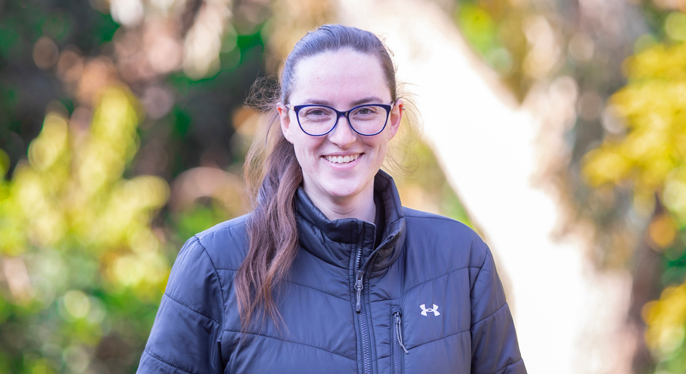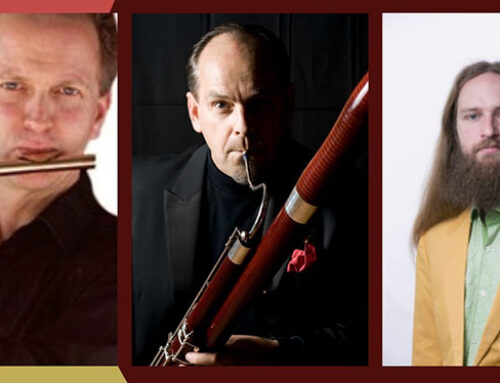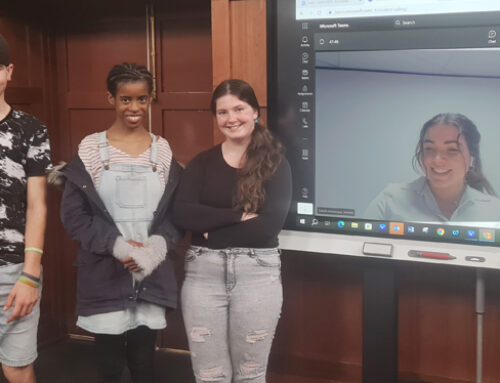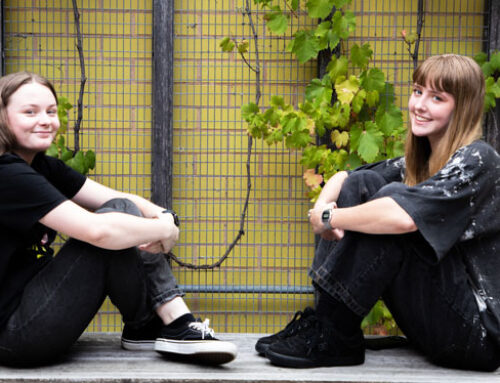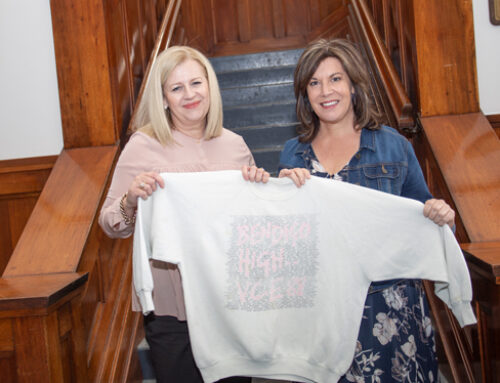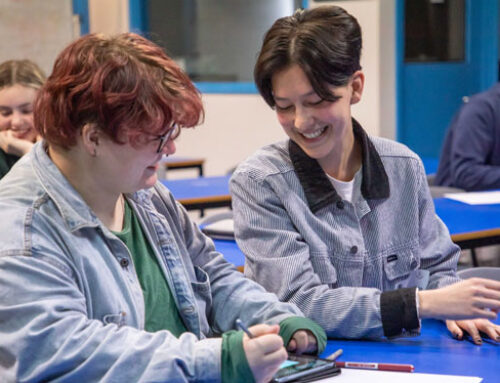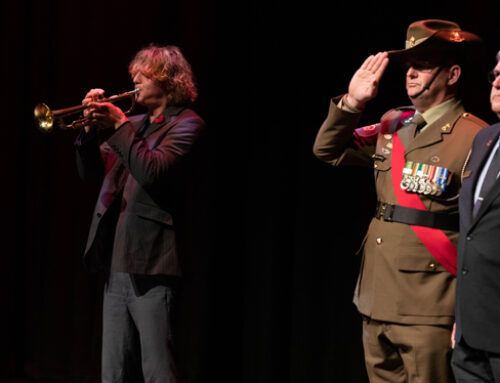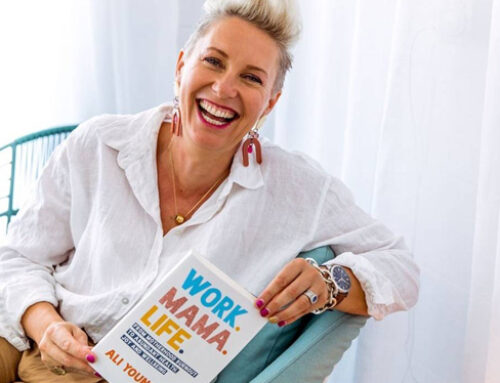BSSC Alumni, Audrey Stewart-Peterson, could not have imagined that nine years after leaving BSSC she would return—all because an overseas teaching post was cut short by a pandemic no-one saw coming.
Now, back at her old college, employed as part of the ‘Shine’ cleaning staff, Audrey recounts her experience of being repatriated from Spain as the COVID-19 crisis spiralled out of control.
She arrived back in Australia on March 26, relieved to be home, but like so many others, disappointed about the travel opportunities missed—like visits to the Swiss Alps, Portugal and South America.
Back in 2010, as she began her BSSC journey, such adventures were far from her mind—Audrey was simply excited to be moving to the college and the next stage of her secondary education.
“Senior treated us really well… like adults,” she says. “We were taught how to take responsibility for our learning and were so well prepared for tertiary studies.
“When I moved on to uni, it was clear that the students who’d come from schools with excessive structure were not as well set up for the self-directed style of study.”
However, one of Audrey’s most vivid memories of her time at BSSC has less to do with her preparation for uni… or maybe it was perfect preparation?
“My friends and I used to sit in the sunshine between G Block and the Language Centre and make a whole loaf of fairy bread,” she says. Laughing at the memory. “We’d buy the ingredients during our lunch break or a free, and offer fairy bread to anyone who walked past.”
Fairy bread aside, English Literature was Audrey’s favourite subject and her two literature teachers were her most memorable.
“I remember studying Phillip K Dick’s novella: Do Androids Dream of Electric Sheep?” she says. “I just loved it. I also recall a trip to Melbourne when we were studying Hamlet and went to the Bell Shakespeare Company’s production.”
Audrey was also a part of the Student Representative Council (SRC) and involved with Youth Parliament, giving her valuable insight into legislative and formal meeting processes.
“I think I enjoyed the SRC’s child sponsorship project the best,” she says. “I went on to sponsor a number of children myself because of that.
One regret from Audrey’s time at BSSC is that she didn’t ask for help earlier when she was struggling with what was later diagnosed as depression. She met the school chaplain late in her time at the college and initially assumed he was there just for the Christian students.
“He was so helpful I dragged another one of my friends along to see him,” Audrey says.
Audrey graduated soon after, took a gap year and then began a Bachelor of Arts with a major in Anthropology and Spanish at Melbourne University.
She is still trying to work out how to apply anthropology in a way that is hands-on, practical, and does not require becoming an academic.
“Maybe teaching,” she says, “although there are government departments that employ anthropologists… Foreign Affairs, Department of Justice, and Indigenous Affairs, to name just three.”
Learning a language had been part of Audrey’s life since her days at, what was then, Flora Hill Secondary College. Chinese was her focus, however, she always had it in the back of her mind to learn Spanish and go to South America.
“I love the sound of Spanish,” she says. “I love the dancing and the food. I also think Spanish is such a valuable language because it is spoken so widely. I just didn’t go to any schools that taught it so it had to wait until I was at uni.”
During her university years she also learnt to dance—salsa of course.
While there, she heard that the Spanish Ministry of Education offered jobs teaching English, but as a poor student had no funds to take up the offer.
As her course drew to an end, Audrey was unsure what to do about her anthropology conundrum. So she changed tack and took an online course in Teaching English as a Foreign Language (TEFL).
In 2019 she found herself living and teaching English in Navalcarnero, a town north of Madrid. Now she could test her own capacity with a new language.
“Although I had learnt Spanish at uni, the combination of different accents and the speed many Spaniards speak sometimes made it a little tricky to understand people.”
Apart from a few tense exchanges with unsympathetic taxi drivers, Audrey says she felt extremely safe in Spain—especially in the small town she lived in.
She describes it as “like having a ‘humming noise’ of worry about my personal safety gone from my life.”
Audrey shared an apartment with two other ex-pats she met online who were also teaching English in the town and her students were aged between three and eight years.
It was a thoroughly enjoyable job that allowed her to travel around the rest of Europe whenever she had long weekends or holiday breaks.
“Early in 2020 I was looking forward to my parents coming over to visit,” she says. “I’d also re-routed my return flight so I could have a ten-day stopover in Scotland on my way home in late June.”
None of this happened.
“It was February when I first heard whispers around the school that there was this coronavirus problem,” Audrey recalls. “Some staff were talking about not going to France for a long weekend that was coming up.
“Then the virus was identified in Madrid and we were soon debating when the school would shut,” she says. “It was so disappointing for me because without the job I had no money to pay my part of the cost of the apartment—or buy food—and I knew I would have to go home.”
All too soon, this longing to stay would be replaced by a frantic effort to get home.
When the directive to shut the school finally came, it was sudden and similar to Victoria’s experience. On the Monday it was announced that children would not return to school and teachers were given two days to put in place all they needed for remote learning.
Initially the bi-lingual teachers were assured their jobs were secure to the end of March. Then four days later it all changed as the impact of the virus spun out of control.
Audrey was still paid to the end of March but she was not longer working—and poured much of her time and energy into getting home. With some difficulty she made contact with the Australian Embassy who said they were unable to help her.
In contrast she says she owes a great debt of thanks to the manager and staff of the Kangaroo Flat Flight Centre who got her onto a flight home via London.
She woke at 5am on March 24th in high anxiety about her flight being cancelled. Sure enough, there was the text: her flight from London was cancelled because Abu Dhabi had shut their borders overnight. She would not be allowed to leave Spain.
Somewhere she had wanted to be so much was now becoming almost impossible to leave.
“Then Flight Centre found me flights with Iberian Airways to London and a Qatar Airways flight home. The only catch was I needed to pay $5,500 immediately to secure my seat. The flights also involved a 16-hour layover at Heathrow.
Safely in London—but aware she was potentially stranded in England—Audrey tried to keep a safe distance from other passengers and sleep away the hours.
From other travelers she heard story after story of cancellations, including people suddenly turned back at the boarding gate and others even taken off flights. It all added to her sense of insecurity.
Her first attempt to check-in was stopped. Passengers were told there was an hour’s delay because of a staff meeting. When they were finally allowed to board and the plane was airborne, there was a collective sigh of relief throughout the cabin.
Home again, and after two weeks of self-quarantine in a caravan on her parent’s property, it was time for Audrey to complete a rather interesting full-circle.
Audrey’s mum heard that Shine Property Services needed cleaning staff to work at BSSC to meet the updated guidelines for cleaning schools during coronavirus.
“So here I am—for now,” she smiles. “I get the whole infection control issue and I’m so glad to have a job that is active,” she says with a smile.
But teaching—in some form or other—is still in Audrey’s sights. And who knows, maybe she’ll find herself back in a BSSC classroom one day… standing at the front of the classroom.

